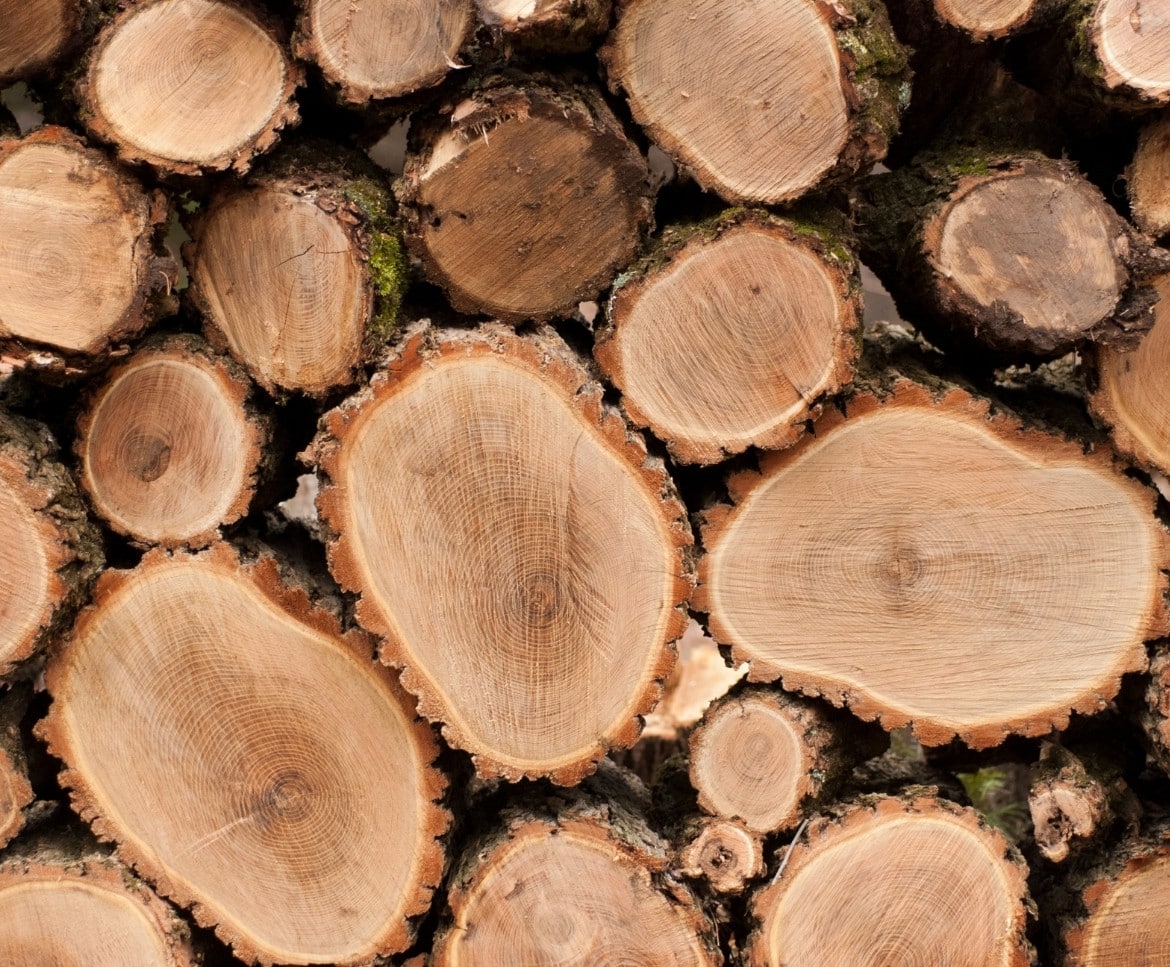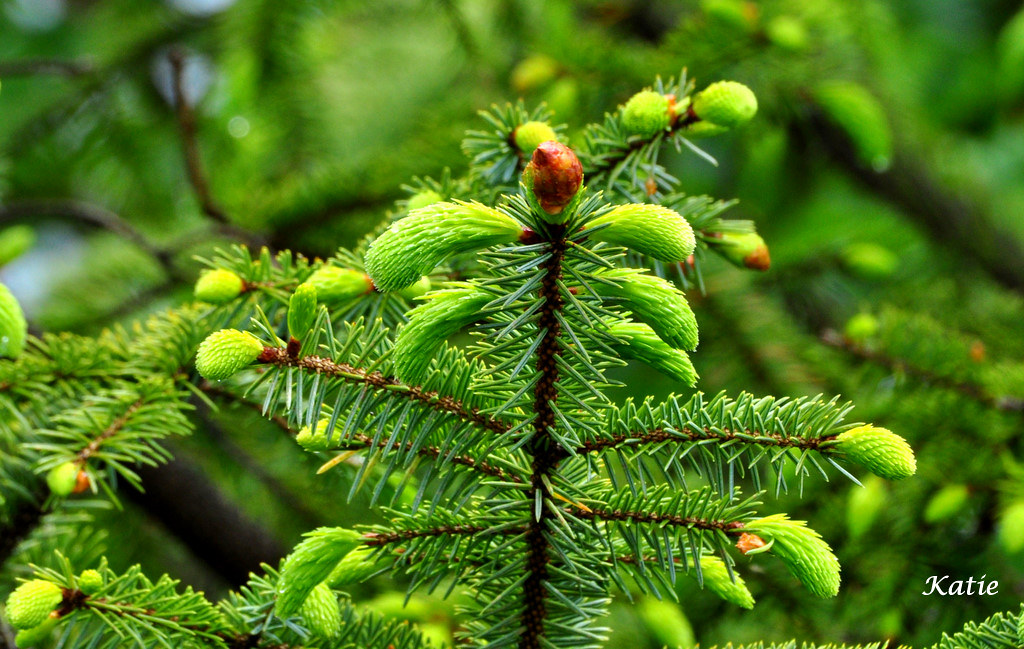Is Honey Locust Good Firewood
Honey locust is a type of tree that is native to North America. It is a hardwood tree that can grow to over 100 feet tall. The honey locust tree has been used for many years as a source of firewood.
Honey locust wood burns hot and produces a lot of heat. When it comes to firewood, there are a lot of options out there. But is honey locust good firewood? Let’s take a look.
Honey locust is a hardwood, so it burns hot and slowly. This makes it great for starting fires and keeping them going all night long. It also produces little smoke, so you won’t have to worry about your clothes or furniture smelling like smoke after the fire’s gone out.
The downside to honey locusts is that it’s not easy to find. It’s not a common tree, so you might have to special order it from a lumberyard or sawmill. And because it’s hard to come by, it can be pricey.
But if you’re looking for quality firewood that will last all night long, honey locust is definitely worth the investment.

Credit: fireandsaw.com
How Long Does It Take to Season Honey Locust Firewood?
When it comes to seasoning firewood, there is no one-size-fits-all answer. The amount of time it takes to season honey locust firewood will depend on a number of factors, including the type of wood, the thickness of the logs, and the climate. That being said, most experts agree that it generally takes between 6 and 12 months to fully season honey locust firewood.
If you live in an area with a hot and dry climate, your wood may be ready to use sooner. Conversely, if you live in a colder region with high humidity levels, it may take longer for your wood to reach the optimal level of moisture content. If you’re in a hurry to get your honey locust firewood ready for use, you can do a few things to speed up the process.
One option is to split the logs into smaller pieces before stacking them for seasoning. This will help the air circulate more evenly around the wood and promote quicker drying. Another method is to build a simple solar kiln; this structure will trap heat from the sun and accelerate the evaporation of water from the wood.
No matter how long it takes to season your honey locust firewood, be patient and wait until it’s completely dry before using it in your fireplace or stove. Burning wet wood can cause damage to your chimney or flue, so it’s always better to err on the side of caution.
Is Black Locust Good Firewood
If you’re looking for a good, cheap firewood option, black locust may be the right choice for you. This hardwood is known for being both dense and durable, meaning it will burn hot and slow – perfect for those long winter nights. Plus, it’s easy to find and harvest since it’s an invasive species in many parts of the country.
Just cut it into small pieces so it doesn’t choke your fireplace!
Is Honey Locust Wood Good for Anything?
Honey locust wood is most often used for fence posts, as the tree’s deep roots make it very difficult to remove once it’s been planted. The wood is also resistant to rot and insect damage, making it an ideal material for outdoor use. Honey locust trees are not typically harvested for lumber, as the wood is quite hard and difficult to work with.
However, some furniture makers and artisans appreciate the challenges that working with honey locusts presents, and the unique grain pattern of the wood can make for beautiful pieces.
FIREWOOD | Honey locust vs black locust
Is Honey Locust Wood Toxic?
Honey locust wood is not toxic. The sap of the honey locust tree has been used medicinally for centuries and is safe for human consumption. The bark and leaves of the honey locust tree are also safe for humans and animals to consume.
How Long Does It Take to Season Locust Firewood?
It takes anywhere from one to two years for locust firewood to season properly. The best way to tell if your wood is seasoned is by checking the moisture content. Seasoned wood should have a moisture content of around 20%.
Is Honey Locust Good for Smoking Meat
Honey locust (Gleditsia triacanthos) is a deciduous tree native to North America. It is a member of the pea family and its pods are edible. The honey locust tree grows to a height of 30-50 feet and has thorns up to 4 inches long.
The leaves are alternate, pinnate, and have 20-30 leaflets. The flowers are small, greenish-white, and borne in clusters. The fruit is a dark brown pod that is 3-8 inches long and contains one or two seeds.
The honey locust tree is often used as an ornamental plant or for shade. It can also be used for smoking meat. Honey locust wood imparts a sweet flavor to the meat that is similar to hickory or mesquite.
When used for smoking, it is best to soak the wood chips in water for at least an hour before using them so that they do not burn too quickly.
Is Honey Locust a Hardwood
Most people think of hardwoods as coming from trees with thick, solid wood. Honey locust is not like most hardwoods. It’s a very different tree that produces a very different type of wood.
Honey locust trees are native to North America and can be found in the eastern United States and Canada. The tree gets its name from the sweet taste of the sap, which was once used to make honey. The sap is also used to make a type of alcohol called “honey beer.”
The wood of the honey locust tree is very strong and durable. It’s often used for fence posts, railway ties, and other construction projects where strength is important. The wood is also used to make furniture, flooring, and other household items.
Despite its strength, honey locust wood is actually quite light in weight. This makes it easy to work with and ideal for many different types of projects. If you’re looking for a hardwood that’s strong yet lightweight, honey locust might be the perfect choice for you!
Honey Locust Vs Black Locust Firewood
There are many different types of firewood available, each with its own set of benefits and drawbacks. Two popular options are honey locust and black locust. So, which is the better choice for your needs?
Honey locust is a type of hardwood that is known for being very dense. This makes it a great choice for burning in a fireplace or wood stove, as it will produce long-lasting flames. Honey locust is also relatively easy to split, so you won’t need to put in too much effort to get it ready for use.
However, this wood can be difficult to find and is often more expensive than other options. Black locust is another type of hardwood that makes excellent firewood. It shares many of the same benefits as honey locusts, including being dense and easy to split.
Black locust is also one of the most durable woods available, so it’s perfect for repeated use over time. The only downside to black locust is that it can be difficult to ignite; you may need to use a little extra kindling or lighter fluid to get it going. So, which type of firewood should you choose?
If you’re looking for an affordable option that will still provide long-lasting flames, honey locust may be the way to go. However, if you need something that’s easy to ignite and will last through multiple fires, black locust may be the better choice.
Honey Locust Lumber
Honey locust lumber is not a common lumber type, but it does have some interesting characteristics that may make it appealing for certain projects. For example, honey locust is very strong and durable, making it ideal for outdoor furniture or other applications where the wood will be exposed to the elements. Additionally, honey locust has a beautiful grain pattern that can add an elegant touch to any project.
If you are considering using honey locust lumber for a project, keep in mind that it can be difficult to find due to its limited availability. You may also want to budget for extra costs associated with this rare lumber type. Overall, however, honey locust can be a great choice for those looking for a unique and durable wood option.
Is Chinese Pistache Good Firewood
Chinese pistachio is a beautiful, hardy tree that’s well-suited for use as firewood. Its wood is dense and burns hot, making it ideal for creating a long-lasting fire. Chinese pistachio also has a high energy content, meaning it releases more heat than other types of wood.
This makes it perfect for use in a fireplace or wood stove.
Is Yellow Locust Good Firewood
If you’re looking for a good, cheap wood to use for firewood, yellow locust may be a good option. It’s a hardwood that burns hot and produces little smoke. It’s also relatively easy to split.
However, there are some things to keep in mind if you’re considering using yellow locust firewood. First, it’s not as common as other types of firewood, so it may be difficult to find. Second, it tends to spark more than other woods, so it’s not the best choice if you’re trying to avoid starting a forest fire!
Frequently Asked Questions:
How long does it take for honey locust firewood to dry?
The drying time for honey locust firewood is typically around 6 to 12 months, depending on the size of the wood pieces, the climate, and the drying conditions.
Is locust wood strong?
Yes, locust wood is known for its strength and durability. It is dense and hardwood, making it resistant to decay and capable of withstanding heavy loads. This makes it a popular choice for various outdoor applications, such as fencing and decking, due to its ability to resist rot and insect damage.
Is locust the best firewood?
Locust is considered one of the best firewoods due to its high density and slow-burning qualities, producing long-lasting and hot fires.
Conclusion
Honey locust is a type of tree that is known for its hardwood. This makes it a popular choice for firewood, as it burns hot and long. However, there are some things to keep in mind when using honey locust firewood.
First, it can be not easy to light. Second, it produces a lot of smoke. And finally, the ashes are very fine and can be difficult to clean up.
Related Articles:
10 Best Small Evergreen Trees with Non Invasive Roots
 Dr Ahsanur Rahman, PHD
Dr Ahsanur Rahman, PHDPine Tree Rescue: Saving Pine Trees with Brown Needles
 Dr Ahsanur Rahman, PHD
Dr Ahsanur Rahman, PHD






